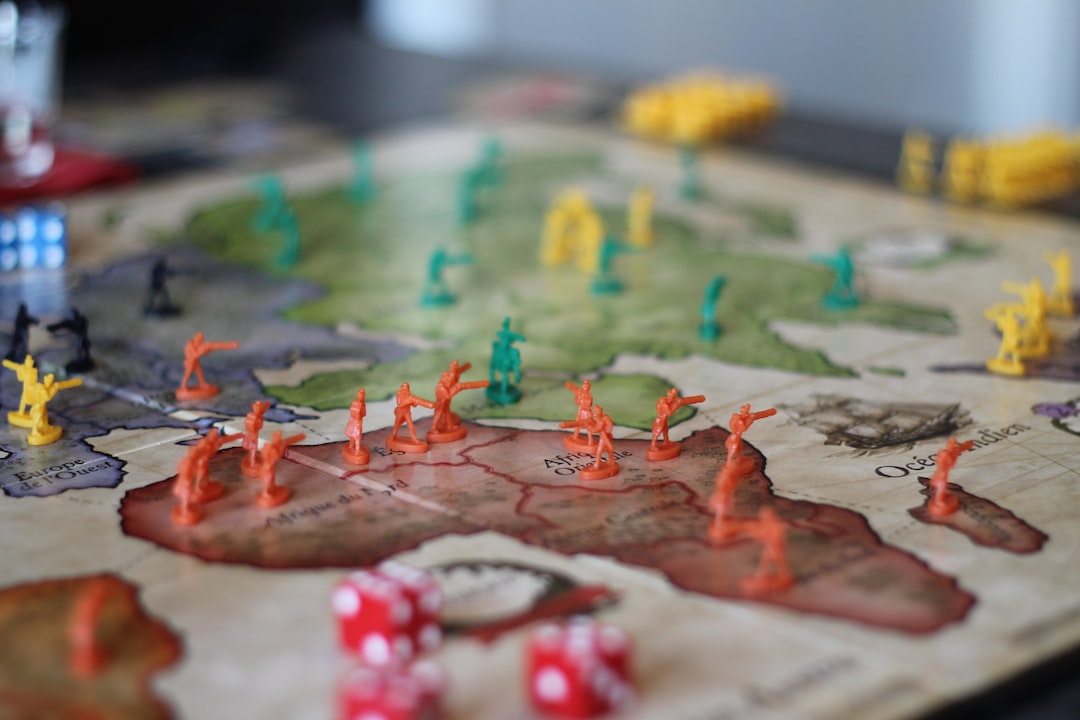Gaming Addiction: Identifying the Signs and Seeking Help
In recent years, the world of gaming has reached new heights, with advancements in technology providing us with immersive and captivating gaming experiences. While video games have become a popular form of entertainment for many, there is a dark side to this phenomenon – gaming addiction. It is important to recognize the signs of gaming addiction and take steps to seek help for oneself or a loved one who may be affected.
Gaming addiction, also known as internet gaming disorder, is defined as a pattern of excessive or compulsive use of video games that leads to significant impairment in various areas of an individual’s life. Like any addiction, it can have severe consequences on a person’s mental, emotional, and physical well-being, as well as their relationships and daily functioning.
There are several warning signs that can help identify gaming addiction. One of the key indicators is the preoccupation with gaming. This involves thinking about video games constantly, even when not playing, and feeling restless or irritable when unable to do so. Someone addicted to gaming may prioritize gaming over other important activities such as work, school, or maintaining relationships.
Another sign is the loss of interest in other activities. Gaming addicts may start neglecting hobbies, social gatherings, and responsibilities, as they prioritize their gaming time above all else. Additionally, they may experience withdrawal symptoms when not gaming, including irritability, sadness, or anxiety.
Changes in sleep patterns and physical health can also be signs of gaming addiction. Individuals may complain of fatigue, difficulty concentrating, or headaches due to excessive gaming. Neglecting personal hygiene or a decline in physical fitness can also be red flags indicating an addiction problem.
It is crucial to remember that gaming addiction can affect people of all ages, from children and adolescents to adults. Young people, in particular, may be more susceptible to developing a gaming addiction due to various reasons, including peer pressure, social isolation, or using games as a coping mechanism for unresolved emotional issues.
If you suspect that you or someone you know is struggling with gaming addiction, seeking help is crucial. Here are some steps to consider:
1. Self-assessment: Reflect on your gaming habits and the impact they have on your life. Be honest about how much time and money you spend on gaming and evaluate if it is interfering with your daily functioning.
2. Reach out to loved ones: Share your concerns with friends or family members who may be able to provide support and understanding. It is essential to have a support system that can help you through the recovery process.
3. Seek professional help: Consider consulting with a mental health professional specializing in addiction or gaming addiction specifically. They can help you assess the severity of the addiction and provide guidance on treatment options.
4. Set limits and establish a routine: Create a schedule that prioritizes other activities and responsibilities, ensuring that gaming does not take over your life. Set boundaries for yourself, such as limiting the time spent gaming or avoiding gaming during certain hours.
5. Explore alternative activities: Find hobbies or interests outside of gaming that can provide you with a sense of fulfillment and accomplishment. Engaging in physical exercise, socializing, or pursuing creative outlets can help replace the time spent gaming.
6. Join support groups: Connect with others who are going through similar struggles by joining support groups, either in person or online. These communities can provide a safe space for sharing experiences and receiving encouragement.
It is essential to recognize that recovery from gaming addiction is a gradual process that requires patience and persistence. Breaking free from addiction may not be easy, but with the right support system and determination, it is possible to regain control over one’s life.
In conclusion, gaming addiction is a serious issue that can have detrimental effects on an individual’s well-being. Identifying the signs of gaming addiction and seeking help is vital in overcoming this disorder. By acknowledging the problem, reaching out for support, and implementing healthier habits and routines, individuals can reclaim their lives from the grips of gaming addiction. Remember, there is always hope for a brighter future, free from the chains of addiction.

